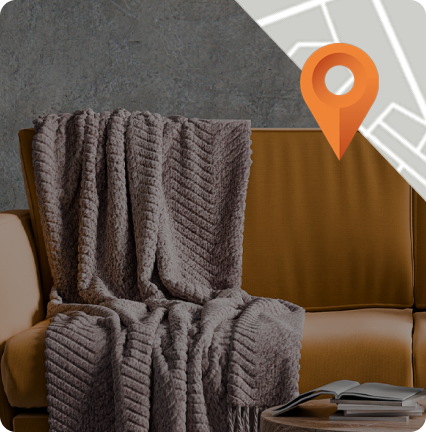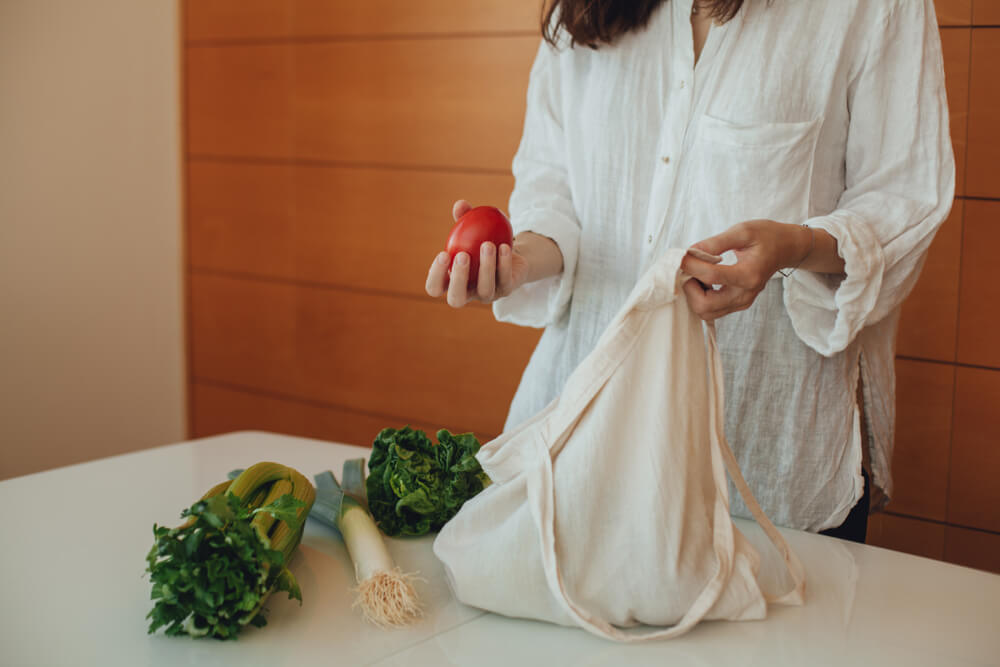Written by: Rita Magallona
Staying at home is the best thing we can do right now to flatten the curve of the COVID-19 pandemic.
Worried that you may run out of food in the weeks to come? No need to panic, as essential tasks like buying groceries are allowed during Singapore’s COVID-19 Temporary Measures Act 2020.
Here are things to remember while shopping for groceries and other necessities while the circuit breaker measures are in effect.
How to Shop for Groceries During a Pandemic
1. Take advantage of online grocery shopping
Although supermarkets and wet markets are still open, consider getting your supplies from a grocery delivery service. Not only does it keep you safely indoors, you also support the livelihood of others and help reduce the number of people outside. Remember to observe safe distancing when you interact with the delivery person.
2. Plan your shopping trip well
If you need to go on a supply run, having a list helps reduce the time you spend inside the store. Write it down on a piece of paper instead of storing it on your phone to avoid contaminating your device.
Plan to buy two weeks’ worth of food, cleaning supplies, and other household essentials so you can limit your trips to the grocery store. There’s no need to hoard, as supply chains are still operational despite the pandemic.
3. Wear a mask
The government is now encouraging even healthy persons to wear masks when going outside their homes, after recent scientific evidence showed that about 25% of people infected with coronavirus show no symptoms.
Keep in mind that the coronavirus can spread through droplets from a cough or a sneeze, especially in an enclosed space like a supermarket. Even reusable cloth masks offer some protection, plus they prevent you from touching your nose and mouth.
4. Be careful of what you touch
It’s possible to pick up the coronavirus from surfaces, so limit your physical contact. You should not touch items that you don’t plan to get. Also, don’t pick up, say, different fruits to compare which one is ripe.
This also applies to commonly handled items like doorknobs, handles, lift buttons, card readers, baskets, and shopping carts. Bring sanitiser wipes or spray so that you can clean these items before touching them.
5. Use a mobile wallet
If possible, choose contactless payment options like your mobile wallet. This way, there are no bills and coins changing hands, no cards being swiped, and no keypads being tapped by your fingers.
6. Clean your reusable shopping bags
After you’re done shopping, wash your reusable bags. If they are made of cotton or nylon, you can machine-wash them in cold water and detergent, and then air dry. If the bags can’t be machine-washed, wipe them with disinfectant.
7. Sanitise your hands often
This is the key to keeping the coronavirus from spreading. Use a sanitiser on your hands before entering and after leaving a store. Don’t forget to wash your hands thoroughly as soon as you get home and after putting away your groceries.
Disinfecting Your Groceries
While there are viral posts on social media recommending that you sanitise grocery items, there’s no evidence that COVID-19 can be transmitted by handling food or packaging. You also should not leave your groceries outside for days in an effort to kill the coronavirus, as this may cause food spoilage.
Rinsing fruit and vegetables that you plan to eat uncooked is always a good idea, as running water helps remove dirt. However, there’s no need to use soap when washing your food as ingesting soap can cause diarrhea and vomiting. And don’t use bleach or other chemical cleansers either, as these may be poisonous.
Again, don’t forget to wash your hands with soap and water after storing your groceries at home.
Priority Grocery Shopping for Vulnerable Groups
Some supermarkets have announced priority hours for seniors, persons with disabilities, and pregnant women. If you’re among these vulnerable groups, you can safely purchase groceries during dedicated shopping hours in the early morning.
With these tips, you can ensure you have enough food and supplies during the circuit breaker measures while staying healthy. Remember: try to spend as little time outside as possible to minimise your exposure to the coronavirus.
For more peace of mind, here are more ways to keep the coronavirus out of your home.
If you are thinking of buying, selling, or renting property while the circuit breaker measures are in effect, don’t worry! Our team is still hard at work.
Learn more about Ohmyhome services during the circuit breaker period.
Interested in doing property transactions from the comfort and safety of your home? Download the Ohmyhome mobile app from the Play Store or App Store.




































































